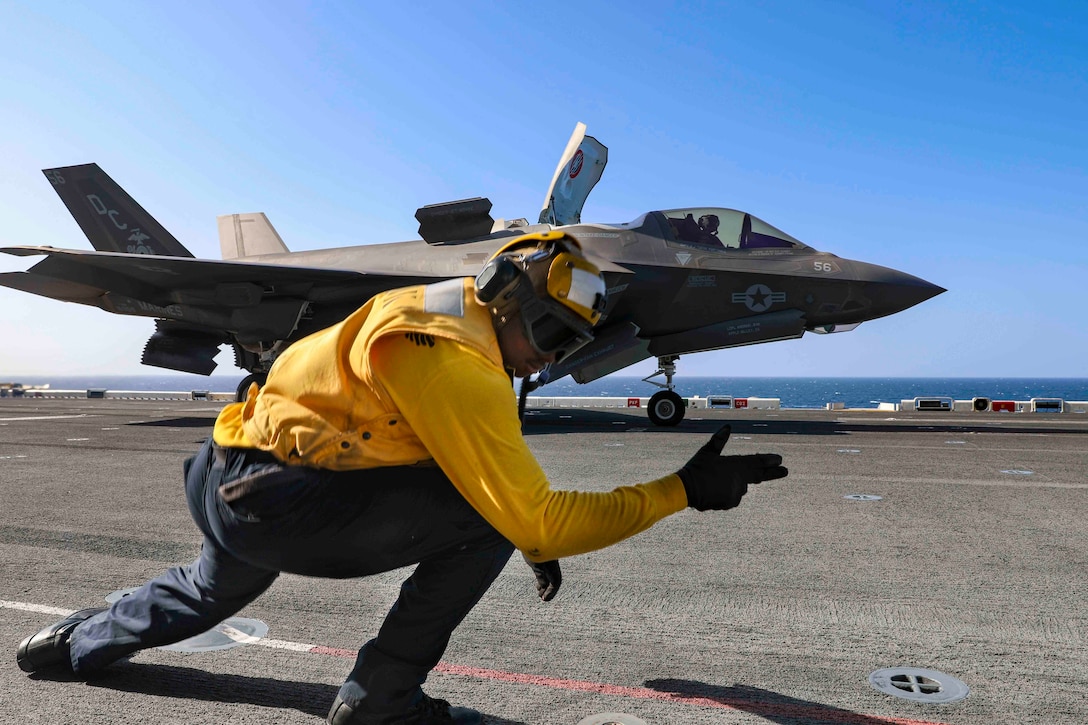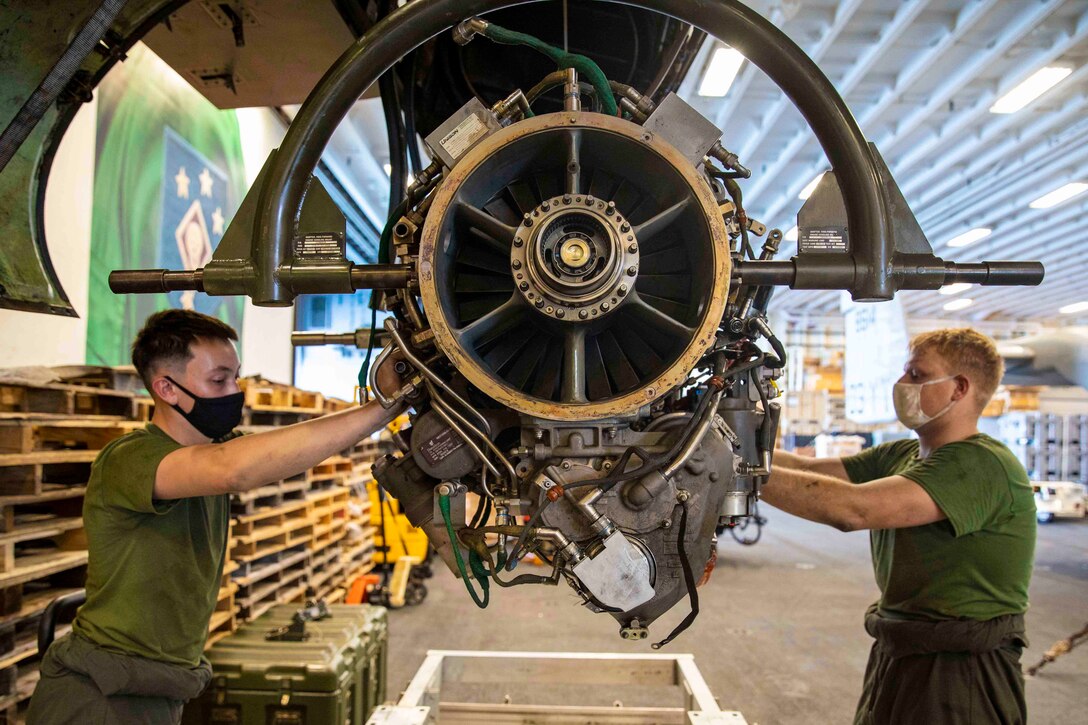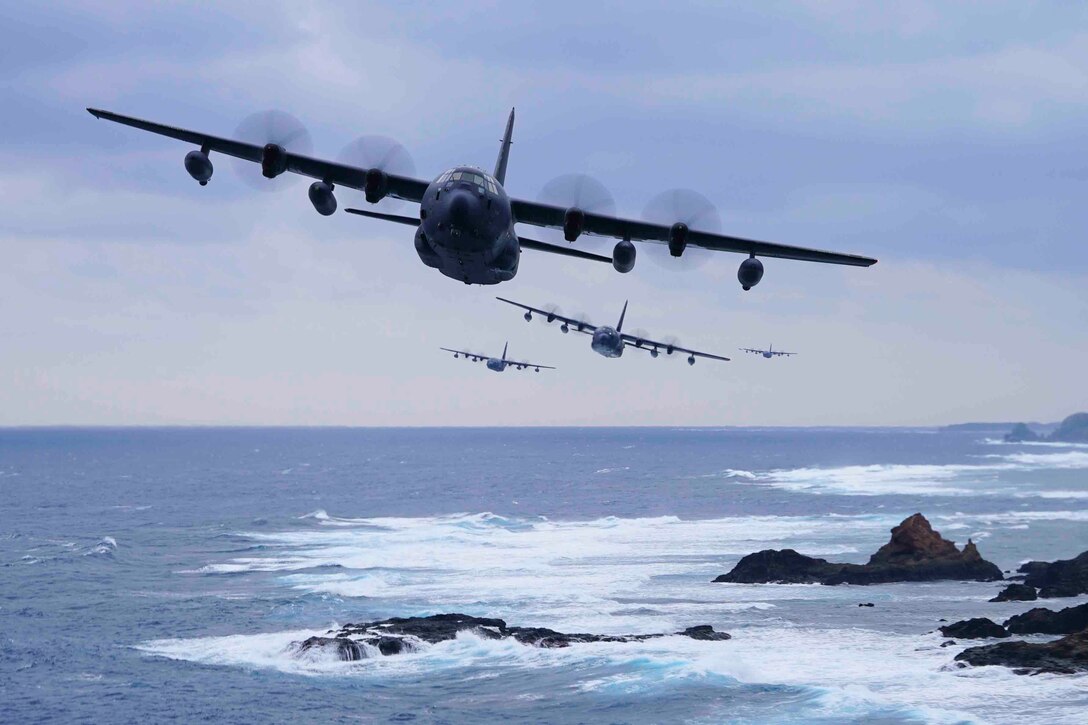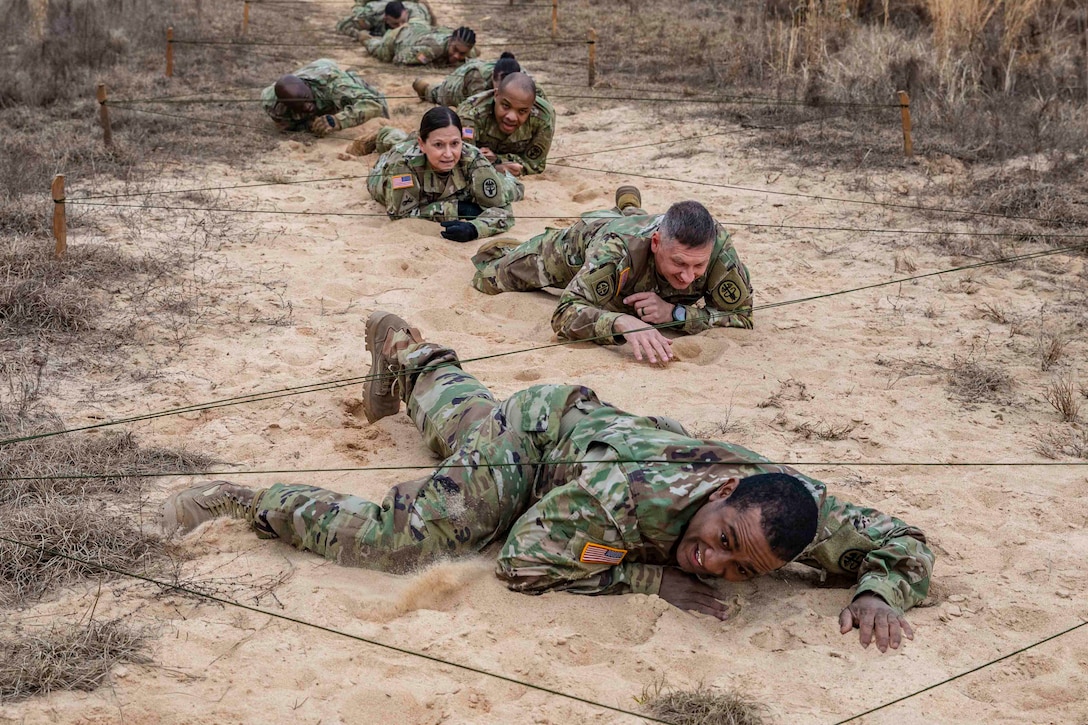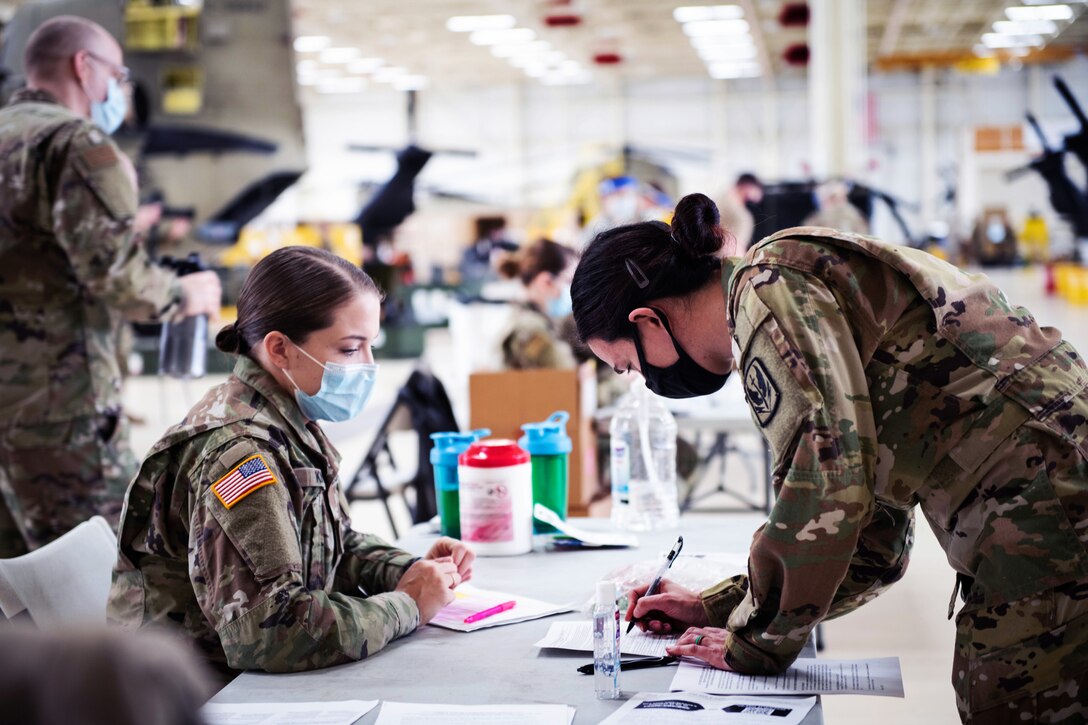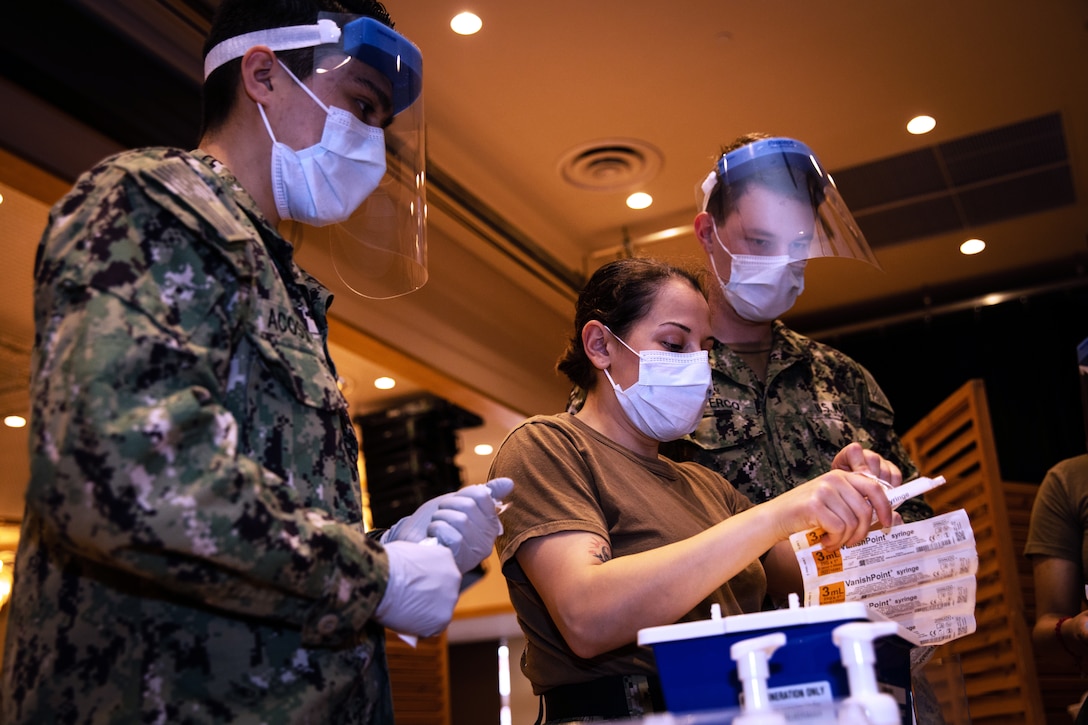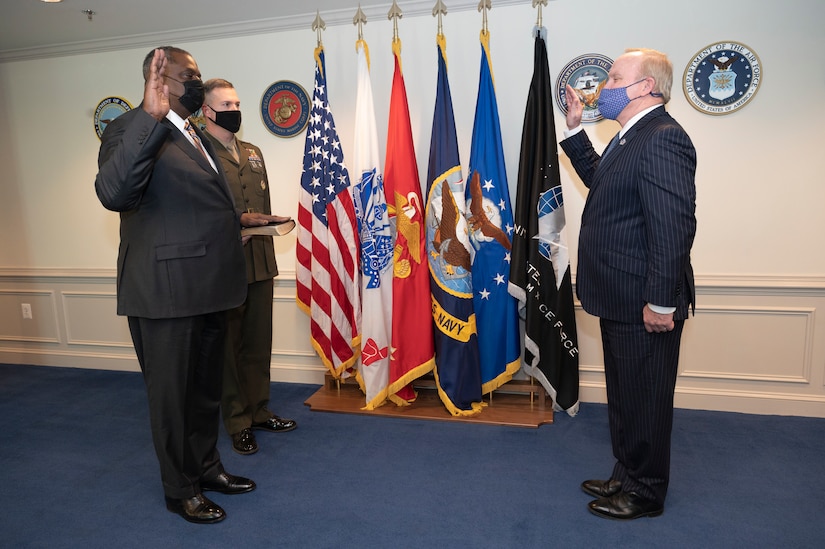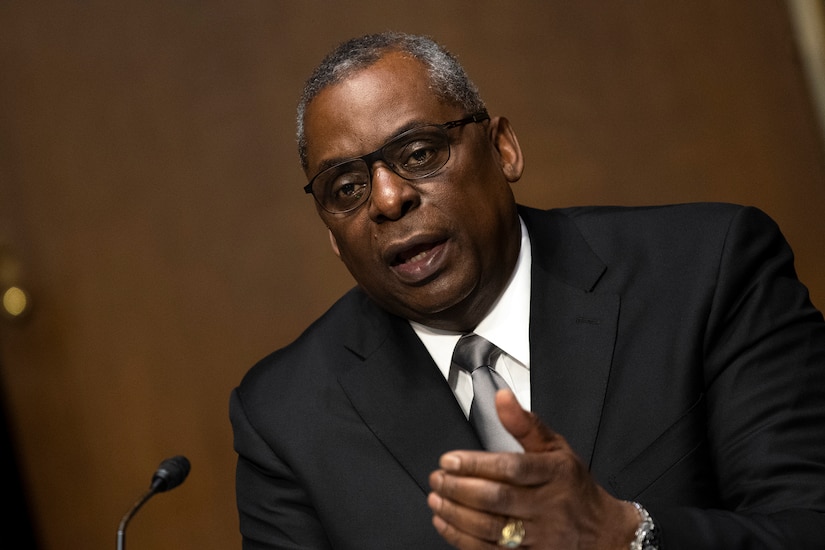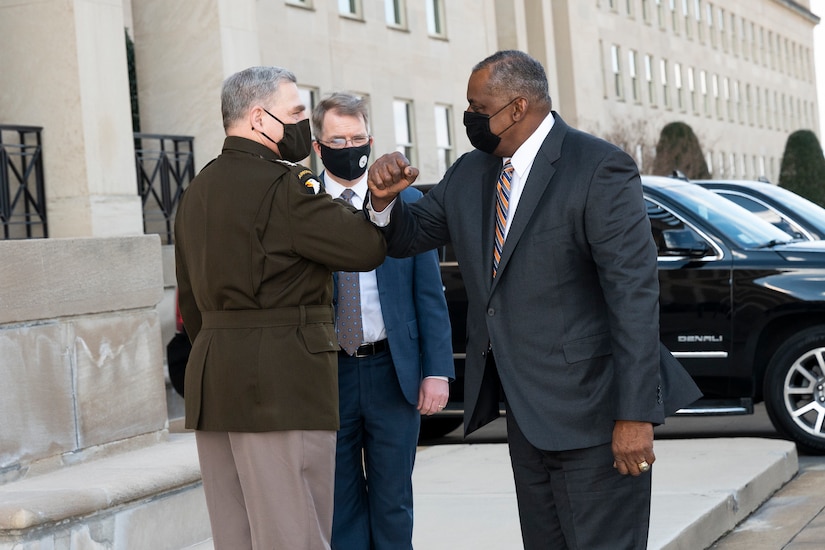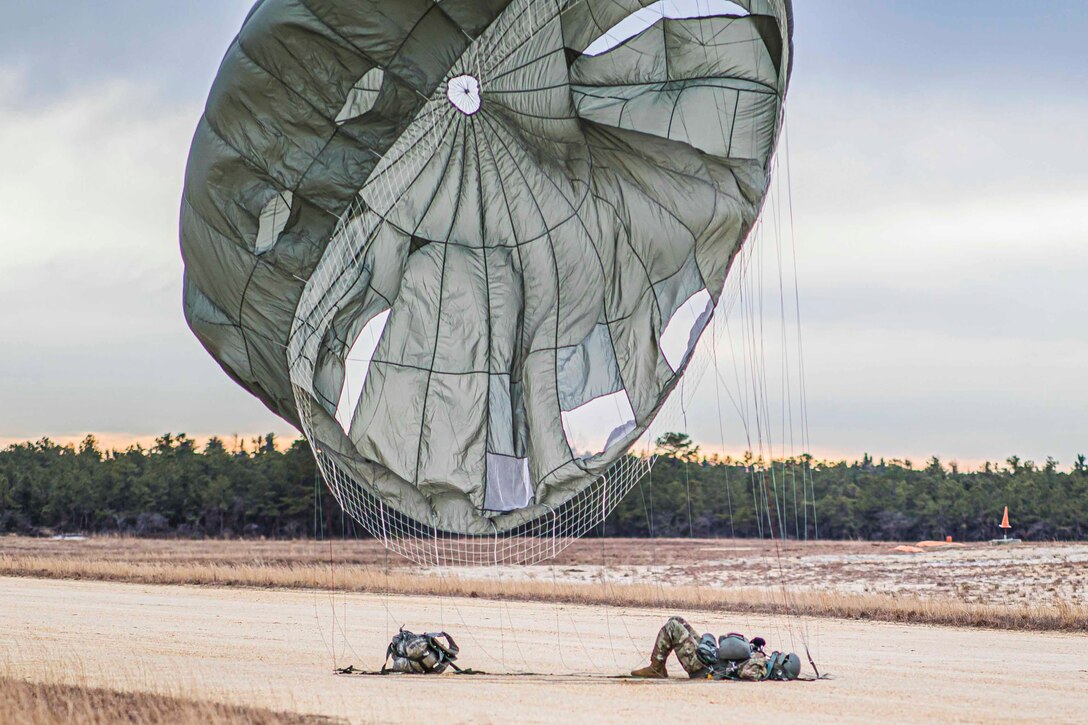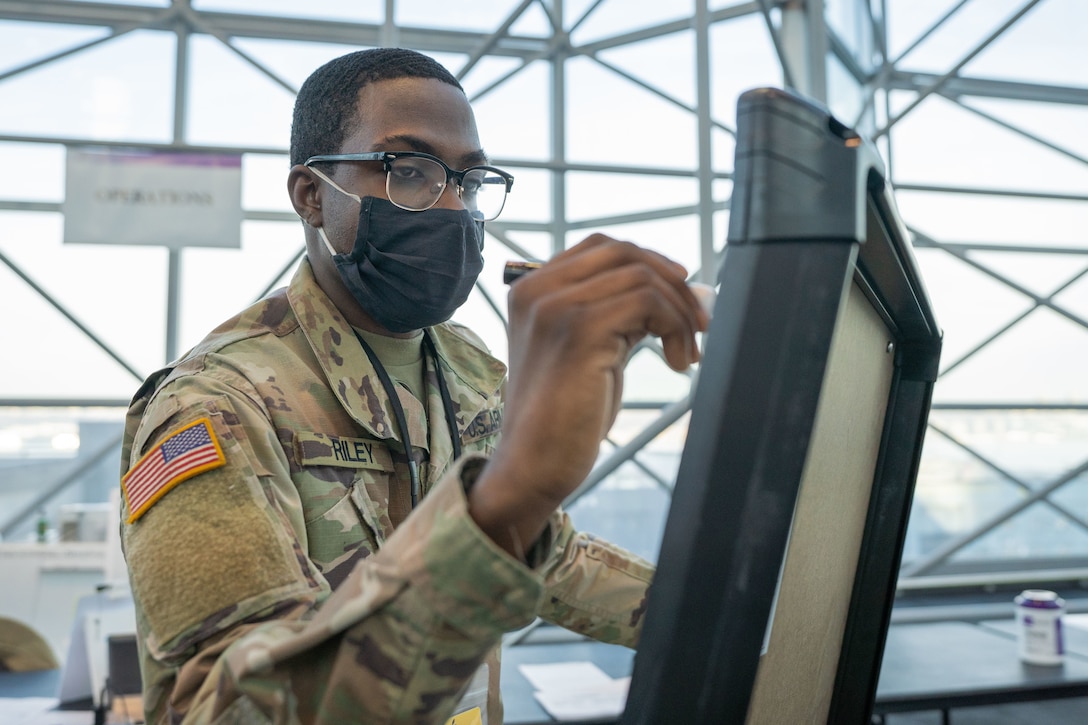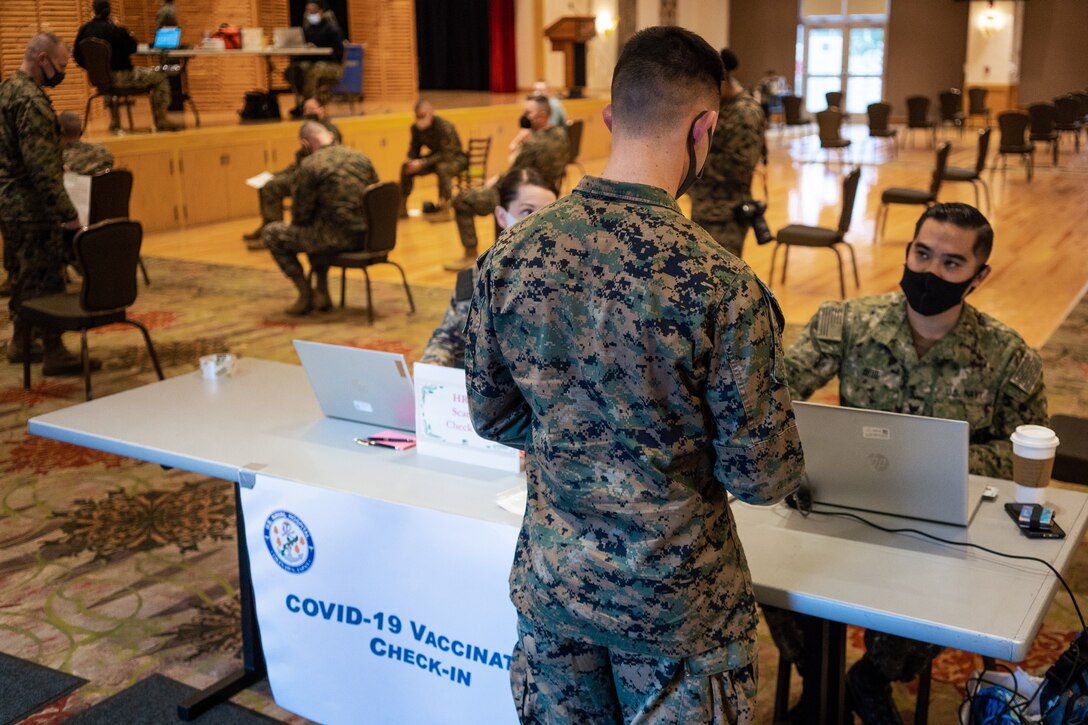Defense Secretary Lloyd J. Austin III arrived at the
Pentagon today and hit the ground running, greeting the senior staff and
then immediately heading into meetings on combating the coronavirus.
The Senate confirmed Austin at 11 a.m.; the vote was 93-2. He arrived
at the Pentagon around noon and was "administratively sworn in" soon
afterward.
Austin chaired a COVID-19 briefing attended by Deputy Secretary David
L. Norquist, Chairman of the Joint Chiefs of Staff Army Gen. Mark A.
Milley, members of the Office of the Secretary of Defense Staff, DOD
COVID-19 Coordinator Max Rose, the acting service secretaries, the
service military chiefs and combatant commanders. The Senate and the
House of Representatives waived the requirement that a defense secretary
must have been retired seven years before assuming the position. Austin
assured congressional leaders that he fully believes in civilian
control of the U.S. military.
During his confirmation hearing before the Senate Armed Services
Committee, Austin addressed this issue. "I was a general and a soldier,
and I'm proud of that," he said. "But today, I appear before you as a
citizen, the son of a postal worker and a homemaker from Thomasville,
Georgia, and I'm proud of that, too. If you confirm me, I am prepared to
serve now as a civilian, fully acknowledging the importance of this
distinction."
Austin, a 1975 graduate of the U.S. Military Academy at West Point,
N.Y., retired from the Army as the commander of U.S. Central Command in
2016.
In some of his first acts, Austin is contacting allies and partners
around the world to assure them of America's security commitments. His
first call to NATO Secretary General Jens Stoltenberg, is proof of the
importance Austin places on allies.
Conquering COVID tops the immediate list of missions, but Austin also
must configure the department to face China, which he called America's
"pacing threat" in his testimony. He also must consider the actions and
strategy of a resurgent Russia. Iran remains a U.S. concern in the
Middle East, and U.S. troops are still deployed to Iraq and Afghanistan.
North Korea is a wild card in the Indo-Pacific.
Threats from violent extremism remain. Although the physical
caliphate of the Islamic State of Iraq and Syria has been eliminated,
remnants of the group are still dangerous, DOD officials have said.
Other groups, which share the toxic ideology, exist in the Middle East,
Africa and Asia.
Austin also must keep his eyes on the future, continuing to build a
department that has the capabilities needed to deter any foe and, if
deterrence fails, to defeat that threat.
